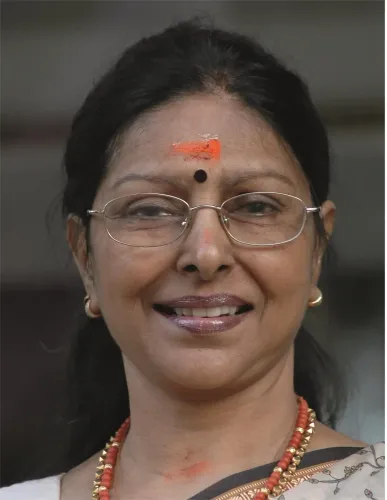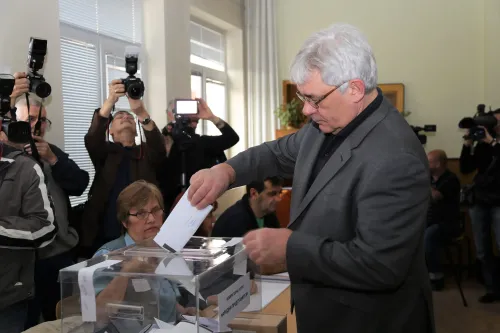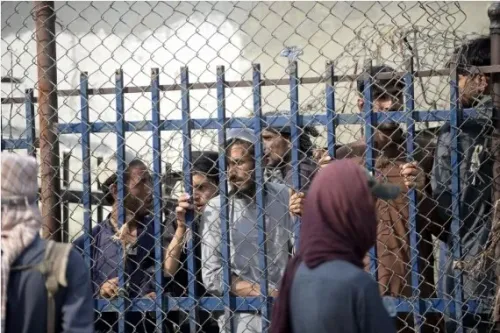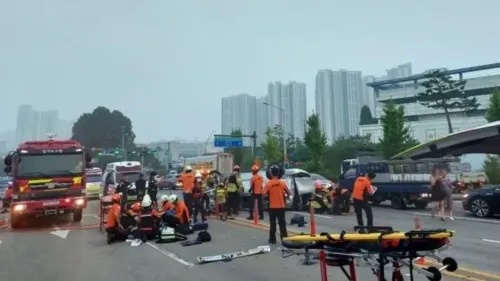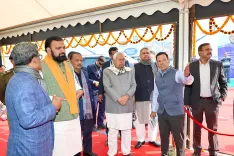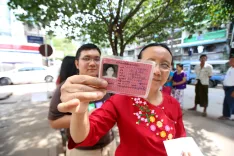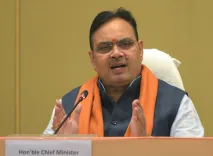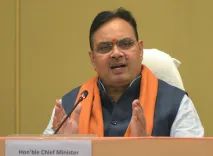Why Are Patients in Despair Amid Doctors' Protests in Rawalpindi?
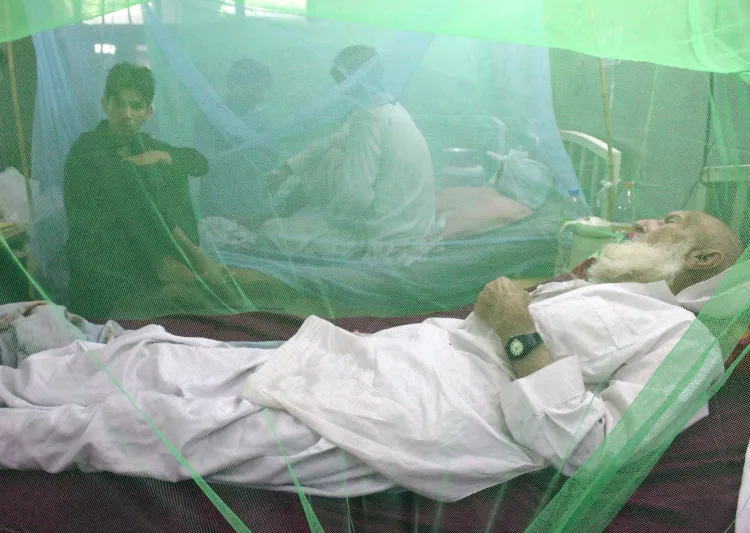
Synopsis
Key Takeaways
- Doctors in Rawalpindi are striking against outsourcing plans.
- Patients are suffering due to halted outpatient services.
- The strike has lasted for over a week.
- Government response has been minimal, leading to ongoing distress.
- Young Doctors Association emphasizes the need for affordable treatment.
Rawalpindi, April 30 (NationPress) The persistent strike by doctors at all three principal government hospitals in Rawalpindi, Pakistan has left countless patients in distress.
The Young Doctors Association (YDA) has been striking since last week, opposing the Punjab government's intention to outsource public hospitals.
On the directive of the YDA Punjab, the protesting doctors have boycotted services in the Outpatient Departments (OPDs) at Holy Family Hospital (HFH), Benazir Bhutto Hospital (BBH), and Rawalpindi Teaching Hospital (RTH) in Raja Bazaar, as reported by local media.
This protest has halted OPD services, causing continued suffering for patients at these facilities. Officials from the divisional administration visited the hospitals, but according to reports, they did little to engage with the YDA in order to restore OPD services, as stated by the Pakistani newspaper Dawn.
Patients at the Rawalpindi Teaching Hospital expressed their frustration over the strike, claiming that the government has failed to deliver adequate healthcare despite its assurances. They noted that strikes by doctors occur almost every month.
“Mostly the underprivileged seek treatment at government hospitals, yet facilities are lacking here,” lamented Riaz Khan, a patient at BBH.
In an interview with Dawn, YDA BBH President Aarif Aziz pointed out that Tuesday marked the ninth day of the OPD strike in Rawalpindi's prominent teaching hospitals, yet neither the divisional administration nor the hospital management had reached out to them.
“This protest is not motivated by salary issues. It is strictly against the outsourcing of hospitals. We will not accept the privatization of healthcare. Outsourcing will deny poor patients access to affordable treatment,” he emphasized.
“Our fight is for public welfare and the safeguarding of government institutions. The OPD strike will persist until the government formally retracts the outsourcing initiative,” he added.
In the meantime, young doctors across Punjab shut down operation theatres in various government hospitals on Tuesday after police dismantled the protest camp of health facility employees.
Law enforcement filed an FIR against 200-300 protesters, accusing them of assaulting police and injuring some officers.
While addressing the media on Tuesday, YDA Pakistan President Dr. Atif Majeed denounced the police FIRs against government hospital employees, asserting that they were peacefully advocating for their “legitimate demands.”
Local media reported that last week, YDA's Punjab chapter declared a shutdown in Lahore by conducting sit-ins on all major roads in the provincial capital, aiming to compel the Punjab government to reconsider its outsourcing decision regarding state-run health facilities in the province.


